Who gets their lights back first if a cyberattack brings down the grid?
sdg09-industry-innovation-infrastructure
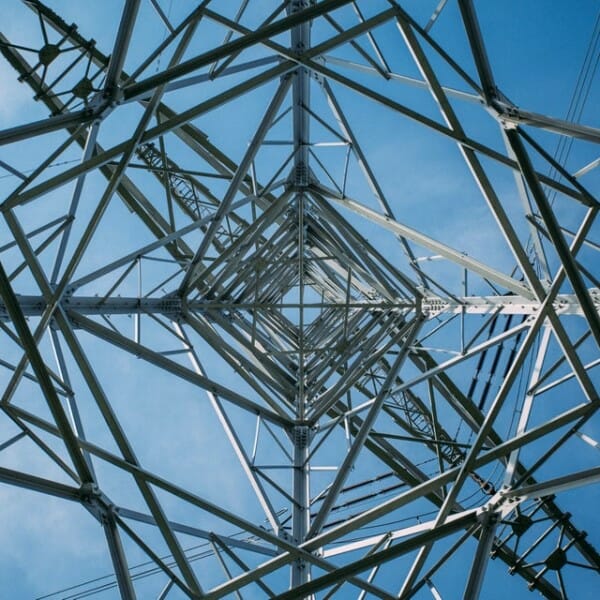
Who gets their lights back first if a cyberattack brings down the grid?
According to experts from ASU’s Decision Theater, the United States needs a Continuity of the Economy plan to ensure we can reconstitute the economy in the wake of a devastating cyberattack.
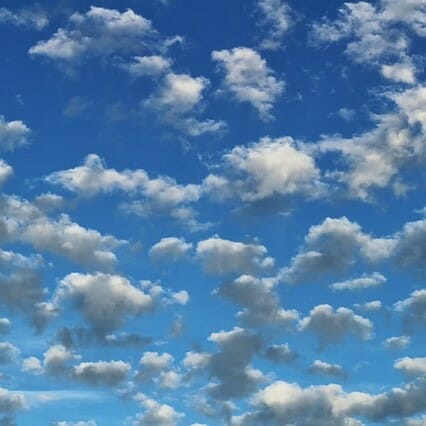
Feb 10: Carbon negative tech innovation event
Webinar will feature innovative technologies from the United States, Japan, and internationally that are capable of reducing and sequestering carbon across the built and natural environments.
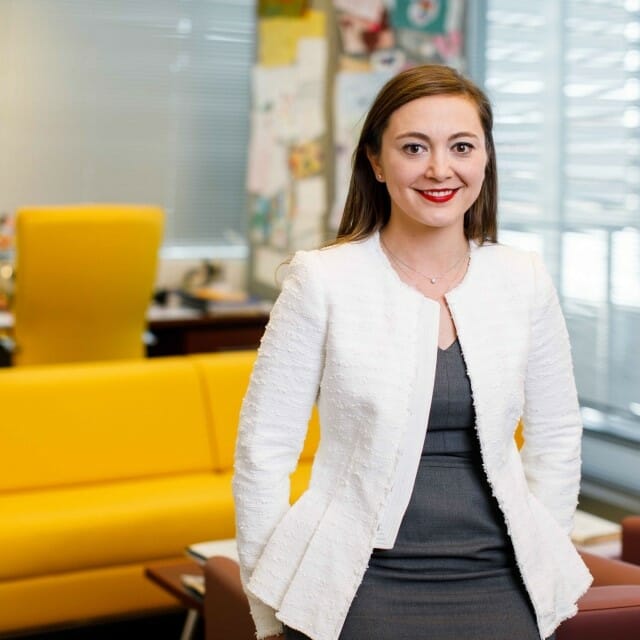
Bliss part of drive to create cybersecurity change
Sustainability scientist Nadya Bliss is urgently calling for change in the way new technologies are designed. She says that while security measures such as encryption and authentication have been widely adopted, security tends to be secondary to application capability.
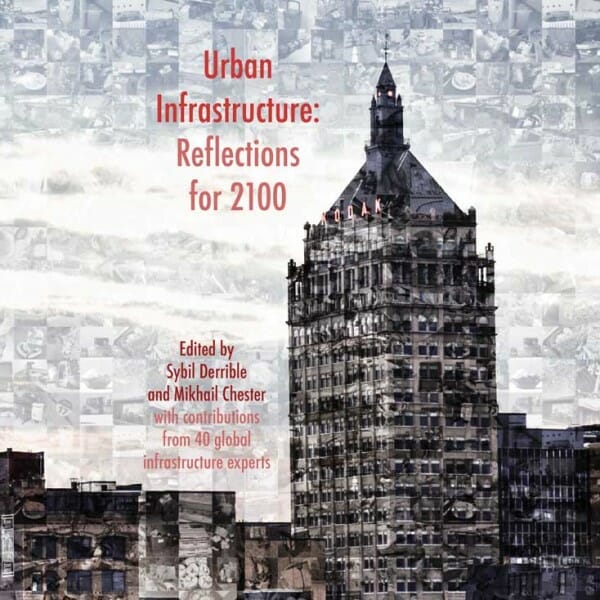
New book: Urban infrastructure for 2100
Sustainability scientist Mikhail Chester has published a new book, Urban Infrastructure: Reflections for 2100, an edited volume imagining infrastructure transitions and goals at end-of-century.
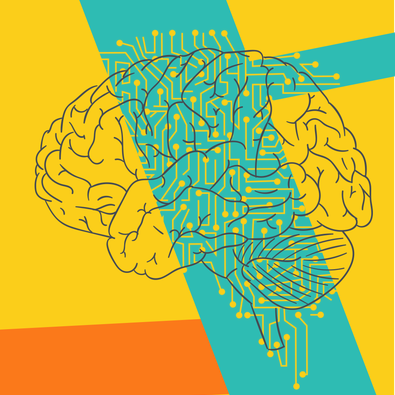
ASU postdoctoral position in Public Interest Technology/Responsible Innovation
The project seeks to study three institutions (ASU, Howard University and Estrella Mountain Community College) to identify what they do and could do across their missions and functions to implement PIT comprehensively and strategically.
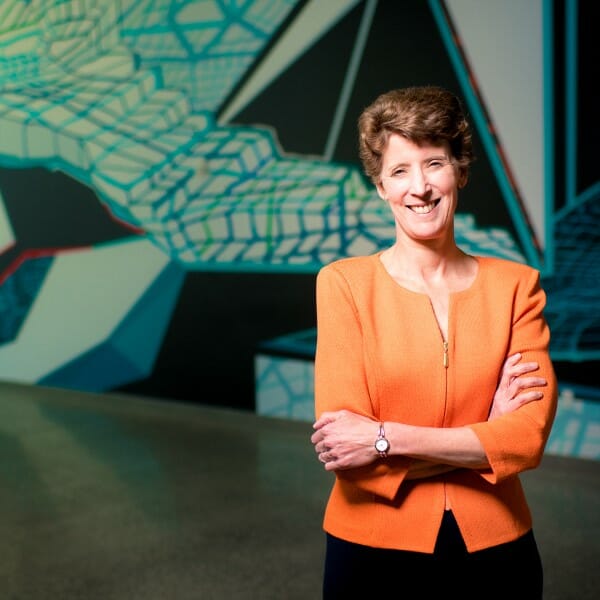
Morton to lead ASU’s Knowledge Enterprise
Statistician uses data to change lives for the better, was drawn to university’s mission of inclusion. When she joins ASU on Feb. 1, Morton will be the first woman to take the reins of Arizona State University’s Knowledge Enterprise.
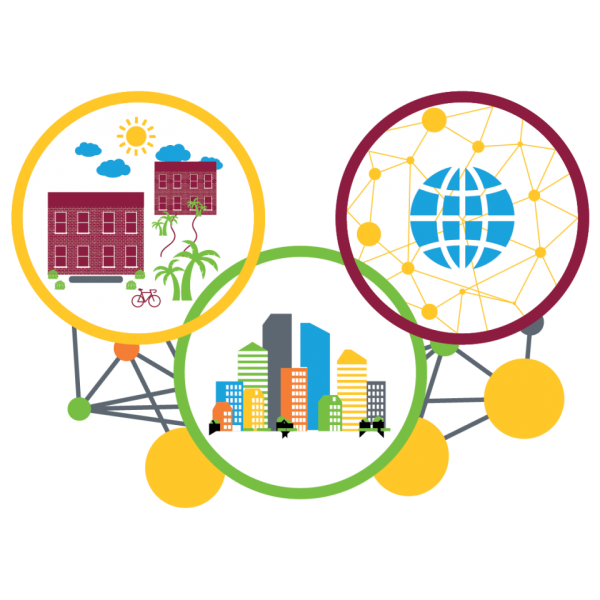
Shape the future of learning in the digital age
Spend January 5-7, 2021 engaged in a breadth of activities designed to surface the best in emerging approaches for shaping the future of smart campuses, cities and education — and life during and after the pandemic.
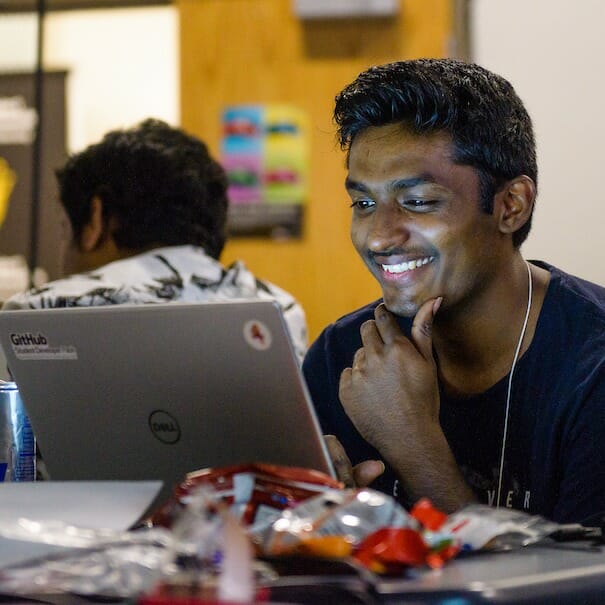
Fri through Sun: Devils Invent: ASU / Devex Global Hackathon
The hackathon calls on students to create solutions to five real-world development challenges aligned with the United Nations Sustainable Development Goals (UN SDGs). One winning team in each challenge category will showcase its solution at Devex World and receive opportunities to further develop their idea.
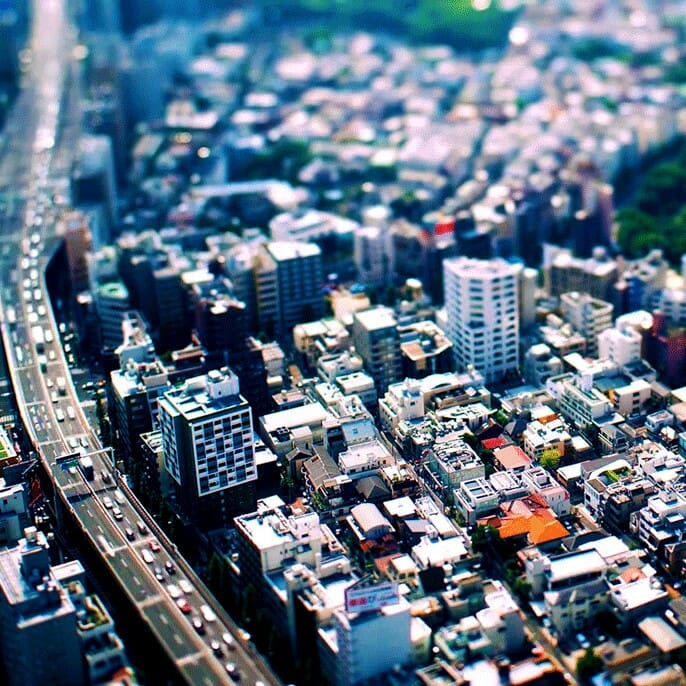
Infrastructure and the Anthropocene 2020 Virtual Forum
Sign up for this free, three-day forum Dec. 7-9, with presentations on the future of infrastructure. Each day will consist of a live and unscripted conversation with a leading expert, followed by time for audience questions. Moderated by sustainability scientist Mikhail Chester.

Decision Center for a Desert City is featured in OECD report
The examines how transdisciplinary research can be used to address complex societal challenges, and is based in large part on analysis of 28 case studies to identify the key obstacles to effectively implementing transdisciplinary research and make recommendations for best practices.
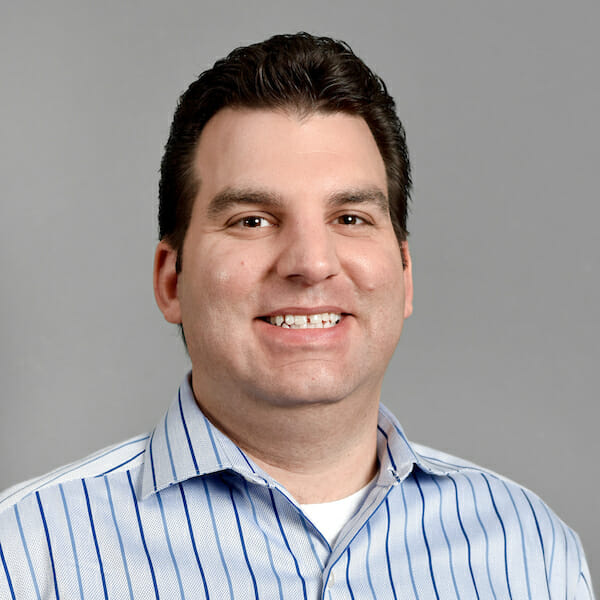
WaPo asks Pavlic about self-driving cars
According to an October 22 article in the Washington Post, Tesla is forging ahead with new self-driving technology, despite skepticism among some safety advocates about whether Tesla’s technology is ready — and whether the rest of the world is ready for cars that drive themselves.
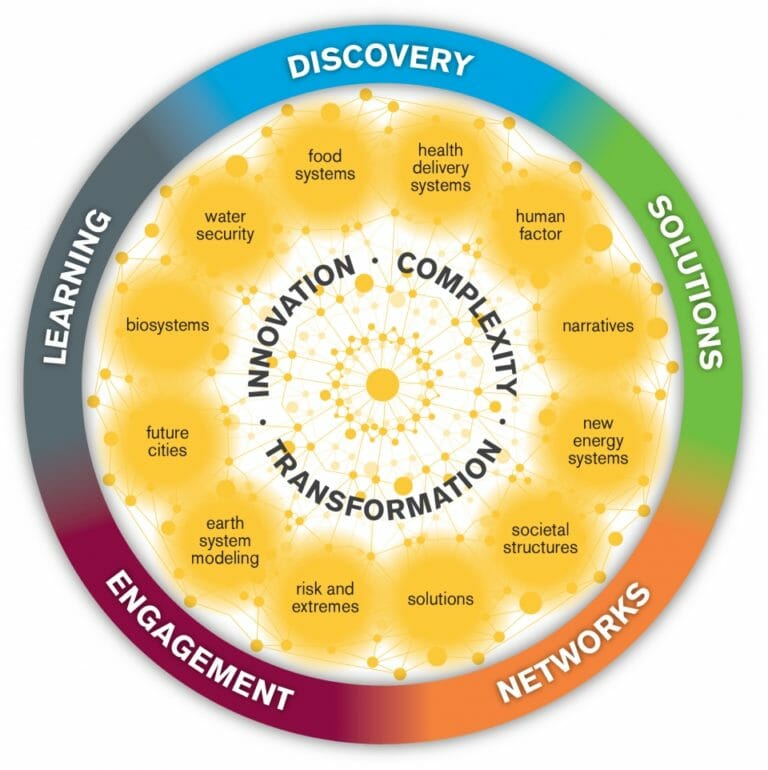
Global Futures Research Accelerator launches with 28 participants
The Global Futures Research Accelerator launched on September 4, 2020. The inaugural cohort includes 28 faculty participants representing 13 college-level units across all four metropolitan ASU campuses. The faculty have diverse expertise across the sciences, engineering, humanities, and social sciences.